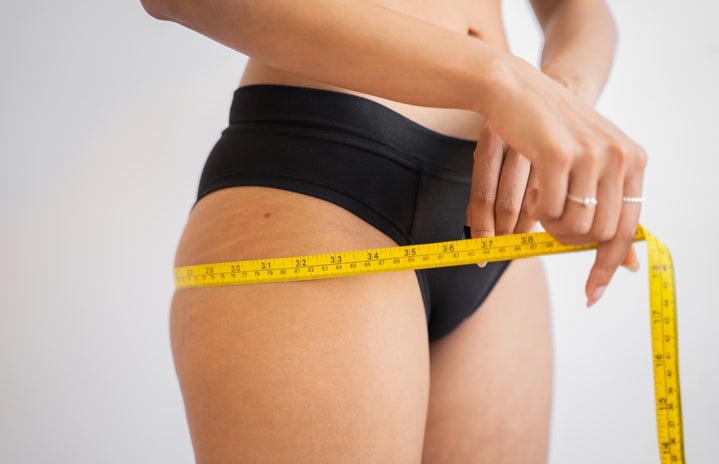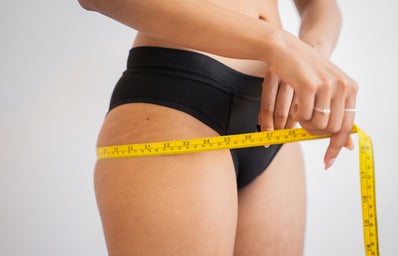Trigger Warning: This article discusses issues of body image, which can be harmful and/or triggering for many. Additionally, Instagram accounts, websites and content produced by the people mentioned here all feature explicit/NSFW content, which may also be triggering. I Weigh, a Body Neutrality platform featured in this article, has done interviews with figures who may be considered controversial such as iO Tillet Wright, who is involved in the Johnny Depp v. Amber Heard case. This may by triggering for some, alongside the explicit content featured by I Weigh.
Inexplicably, body image has never been more central to society. Influencer workouts are everywhere. The social media accounts of influencers such as Alexis Ren and Daisy Keech contain workout videos.
These influencer workouts are troubling on two accounts:
Firstly, these influencers and celebrities are not nutritionists, certified trainers with Sports Science degrees or doctors. All they do is say the workouts that work for them and portray them as something that will work for everyone to get their dream body. As I once learnt in a yoga class, certain yoga movements require you to position your body in specific ways so as to avoid serious injury. This begs the question: how safe are these influencer workouts? Do the influencers in question explain the finer points of their workouts, such as how to avoid injury?
The second issue is far more insidious: how these female influencers’ workouts link to wider ideas around one’s bodily image.
Enter the musician Lizzo.
Lizzo is a plus-size woman and in early 2020 fitness coach Jillian Michaels claimed that her obesity was not something to be lauded.
Jillian’s comments are seemingly innocuous – after all, obesity is linked to serious health issues. But what they fail to note is how these comments don’t merely reinforce an ‘innocent’ concern around Lizzo’s weight, they reinforce the outdated paradigm that women must be judged according to their weight, alongside any other skills or talents they possess. This is the paradox of body image: no matter your size – overweight or exceedingly slim – nothing is ever good enough. A lot of this has to do with hegemonic femininity which projects images of conventionally attractive, mostly white women who are slim bodied into the media through marketing campaigns.
Thankfully, the Body Positivity movement is on the rise and consistently highlights how the normative body ideals – being a US clothing size 0-2 – are not only unattainable for the vast majority of women, but also a total falsehood.
Online platforms such as I Weigh (founded by actress and activist Jameela Jamil) are constantly working at disabling such notions. I once saw an Instagram post that noted that the body is naturally meant to move about as we move about – so complaining about mounds of cellulite that can’t keep still, is nonsensical. This small affirmation was enough to upend a lifetime’s conditioning regarding body image. @feminist’s Instagram page is full of posts highlighting how lighting and angles smooth out the appearance of women’s bodies and conceal their cellulite and stretch marks. There has also been an upsurge in visibility of plus-sized models such as Ashley Graham, who has covered major publications, and a personal favourite of mine, Emily Bador (@darth_bador on Instagram) who is an Instagram model.
Ultimately, this newly minted Body Neutrality is not here to advocate unhealthy living or attempt to claim that carrying excess weight can’t contribute to health issues. Instead, it acknowledges those things but strongly reminds women that their bodies are not all that these people are. Yearning for a societally accepted, ‘perfect’, yet not necessarily attainable, body goal is a closed loop of goal setting. Reaching a particular weight goal is not going to satisfy this loop and, by proxy, not going to guarantee your happiness.
So,
Body Neutrality for the win!


